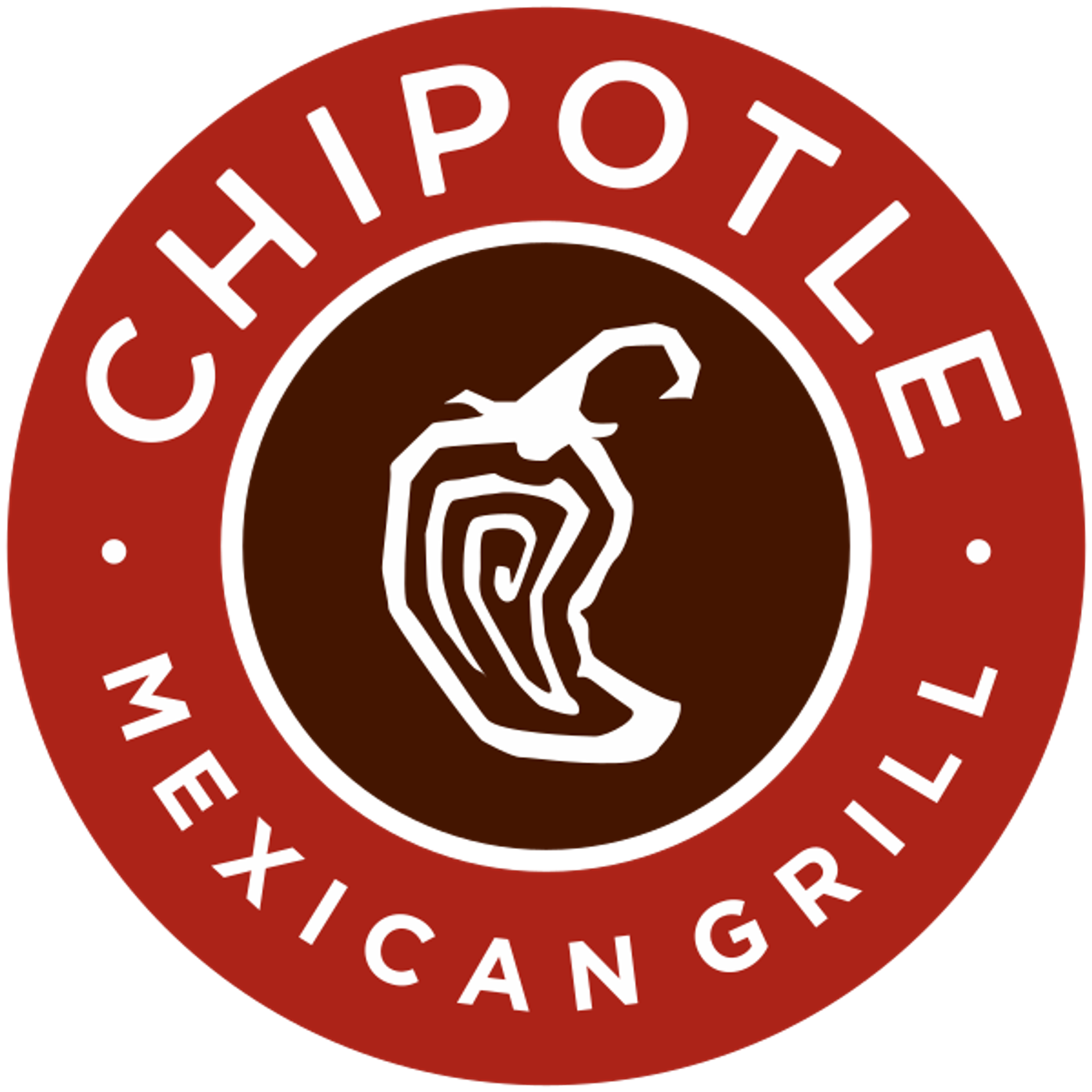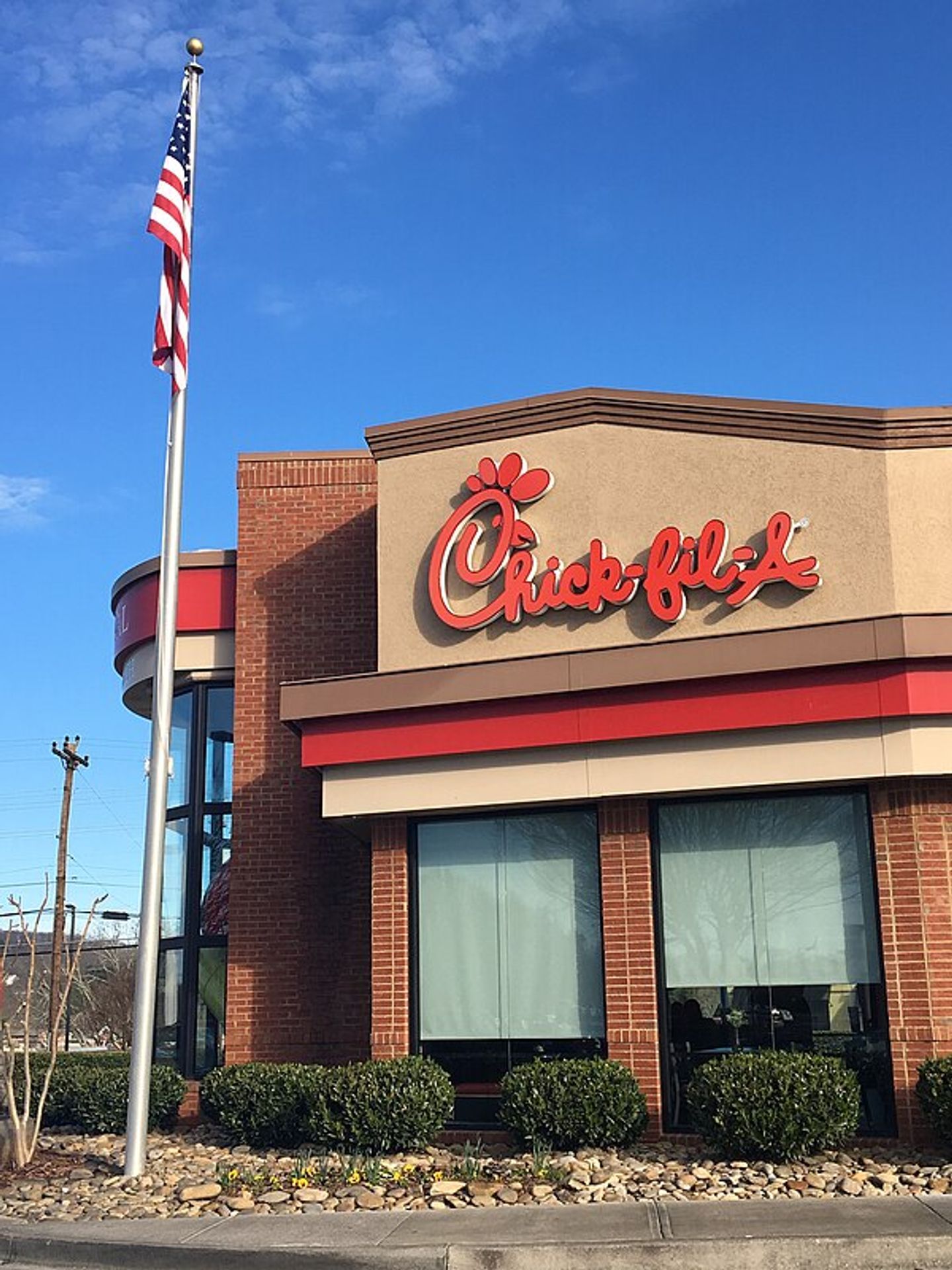
The Coca-Cola Company
What do people say about The Coca-Cola Company?
In the provided segment from The Matan Show, The Coca-Cola Company is mentioned in a context that implies a critical stance on consumer habits and societal values. The discussion suggests that money might be better spent on Coca-Cola, but this is framed sarcastically, hinting that such spending fosters addiction rather than meaningful happiness. There is an undercurrent of negativity about the role of corporations like Coca-Cola in promoting addictive products, with a suggestion that this contributes to a distorted standard of reality and contentment based on artificial highs. No positive attributes or business achievements of the company are acknowledged; instead, the perception is reduced to a critique of consumer addiction and societal complacency driven by such products.
Where are the conversations happening?
The source is a podcast known for intense debates on philosophical and societal topics rather than business or marketing discussions. The critical perception emerges from an informal, conversational context where The Coca-Cola Company is used as a metaphor for addictive consumer goods. No channels with formal business analysis or PR perspectives are included, limiting the perception to a critical, somewhat cynical viewpoint from a single discussion. The Matan Show’s tone is skeptical and critical, making it a source where negative perceptions are more likely to be emphasized.
What are the topics trending around The Coca-Cola Company?
Addiction to consumer products, societal happiness and contentment, spending priorities, artificial standards of reality, consumerism versus well-being.
Why are these topics trending?
The discussion contextualizes The Coca-Cola Company within a broader debate on addiction and societal values, highlighting concerns that spending on such products may foster unhealthy dependencies and artificial contentment rather than genuine well-being, reflecting emerging criticism of corporate influence on consumer habits and public health.
How is The Coca-Cola Company being talked about?
Detailed breakdown of public sentiment and conversations about this entity.
Impact vs Sentiment
See how each entity's high impact percentage relates to their positive sentiment percentage from actual mentions.




